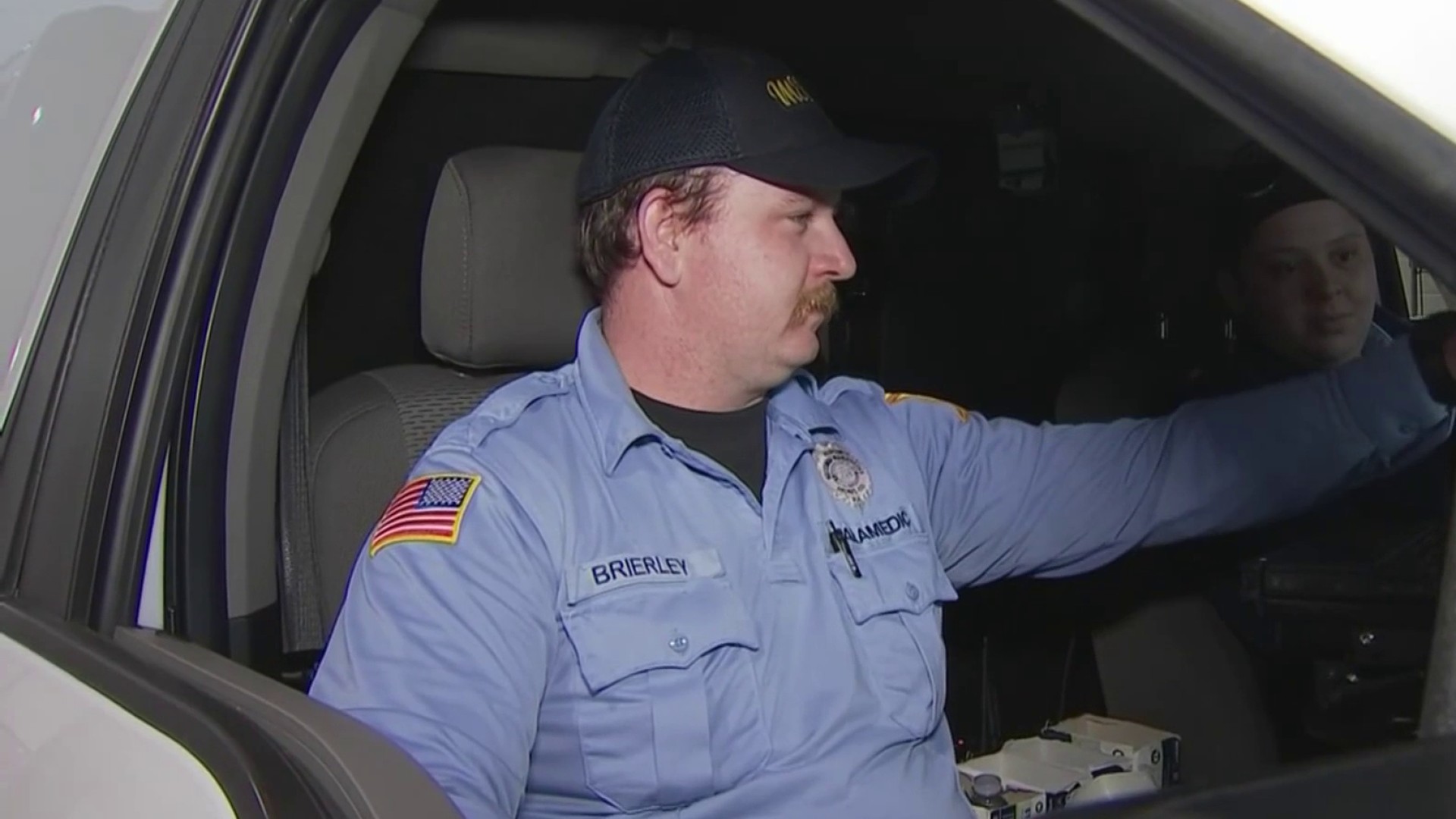They wear black vests emblazoned with the word “POLICE” in solid white lettering. Their vehicles flash blue-and-red lights.
But they are not local law enforcement patrolling the streets of Reading, Pennsylvania.
Since March 1, in this majority Latino city, federal immigration enforcement officers have pulled over vans full of Latino workers at least three times and detained numerous people, according to an attorney who is investigating the stops as part of a potential lawsuit.
Exactly how many people have been detained is still unclear, attorney Bridget Cambria said, but multiple undocumented residents were whisked away in each instance by Immigration and Customs Enforcement officers. They are now being held at York County Prison, which contracts with the federal government to hold undocumented immigrants.
Cambria, one of Berks County’s most prominent immigration lawyers said in an interview that she believes the ICE officers lacked “probable cause” when they stopped the vans as they picked up workers on their way to work in the morning.
“Once the van is at its last pickup, they’ll stop the whole van and interrogate everyone,” Cambria said. “They’re very invasive stops, three cars block in the van, one car in front, one behind, one on the side, lots of officers.”
An ICE official declined to give details of the stops, saying only that they were part of “targeted enforcement,” meaning they were searching for a particular undocumented immigrant.
Local
Breaking news and the stories that matter to your neighborhood.
In a statement, a spokesman for the ICE field office in Philadelphia said “deportation officers conduct enforcement actions every day around the country and here in Pennsylvania as part of the agency’s ongoing efforts to uphold public safety and border security.”
Cambria said she doesn’t believe the stops are targeted or have any effect on public safety in Reading or surrounding Berks County towns.
In fact, she said, ICE officers’ actions are weakening the community’s trust in public safety.
“Targeted enforcement happens when ICE has a picture of someone and they wait outside the person’s home for them to come out,” she said. “What they’re doing here is waiting till the vans are full, going up to the van and then asking, ‘What’s your status?’”
That type of action, she said, lacks probable cause.
“People in the city are now scared to go to work, scared to leave their house,” Cambria said.
[NATL-PHI]Vandalism Ruled Out for Now as Cause of Toppled Jewish Graves at Delaware County Cemetery: Police
Latino residents make up 58 percent of this city of 87,000, according to Census figures.
Reading, a former industrial center and namesake for a railroad that at one point was believed to be the largest company by revenue in the world, is 50 miles northwest of Philadelphia.
But it couldn’t be farther away when it comes to immigration policy, Cambria said.
Philadelphia is known as one of America’s largest “sanctuary cities,” with a mayor who has publicly questioned President Donald Trump and U.S. Sen. Pat Toomey over immigration enforcement. The police department in Pennsylvania’s largest city will not hold undocumented immigrants for ICE officers, and does not share information with the federal agency.
In Reading, Cambria said the atmosphere for immigrants and the overall Latino community is much different.
In addition to the fear stoked recently by the ICE traffic stops, Cambria pointed the Berks County sheriff’s recent application to the federal government for training to deputize his officers as federal immigration agents.
But Sheriff Eric Weaknecht said the new power would not expand their role beyond prisoner intake and processing.
“We’re not going to be making raids,” Weaknecht said. “The only way we’d be involved in checking the status of immigrants is after they are charged with a felony.”
Still, Cambria argued, the request seems in contrast to the needs of an anxious community.
“It’s a bad time,” she said.



